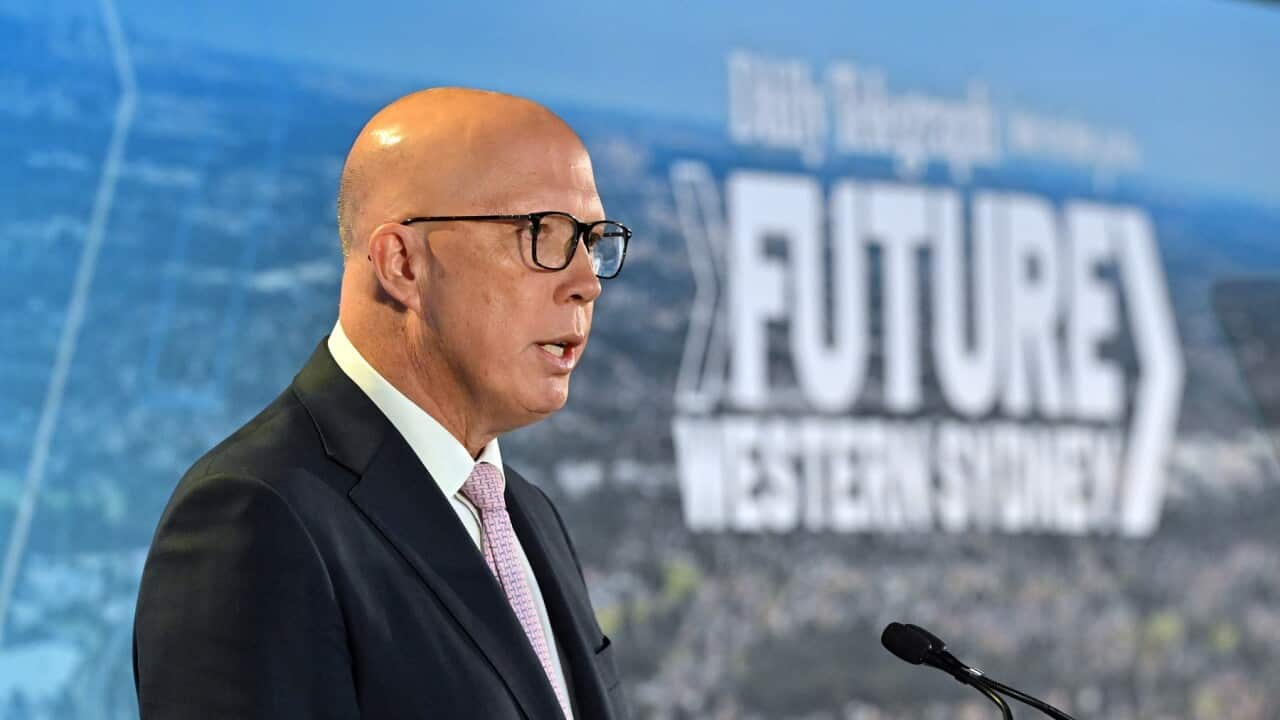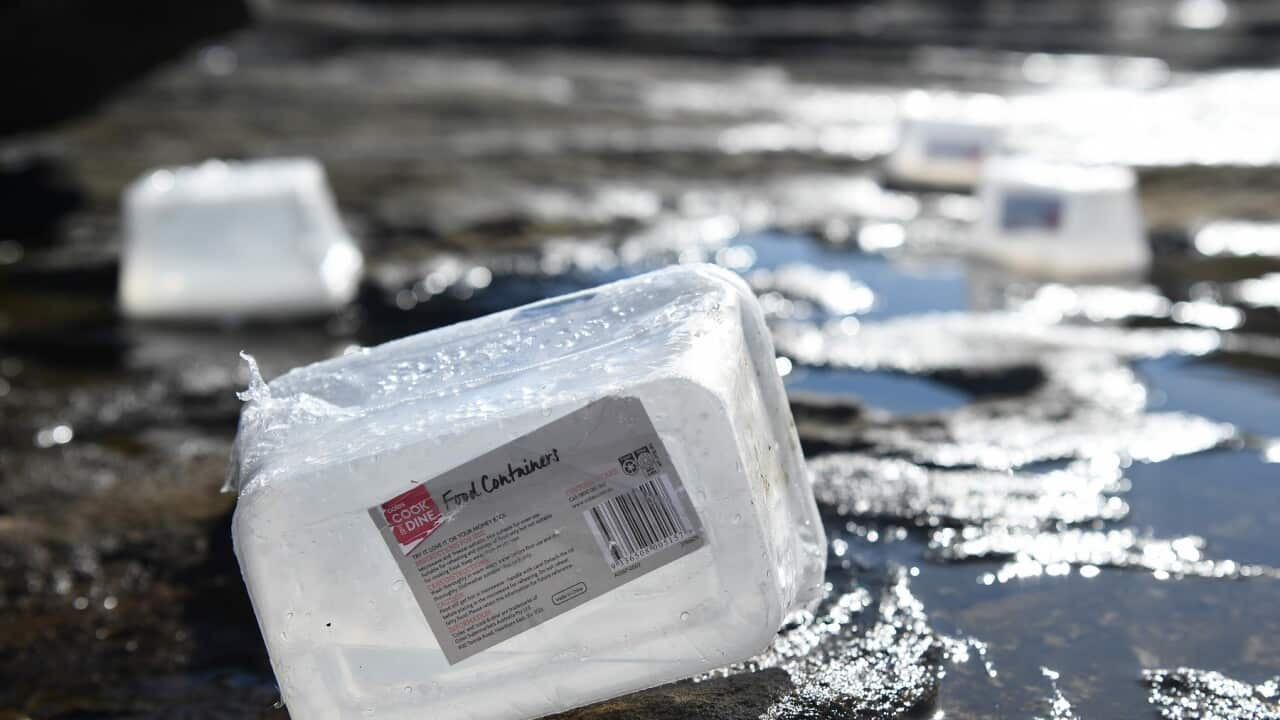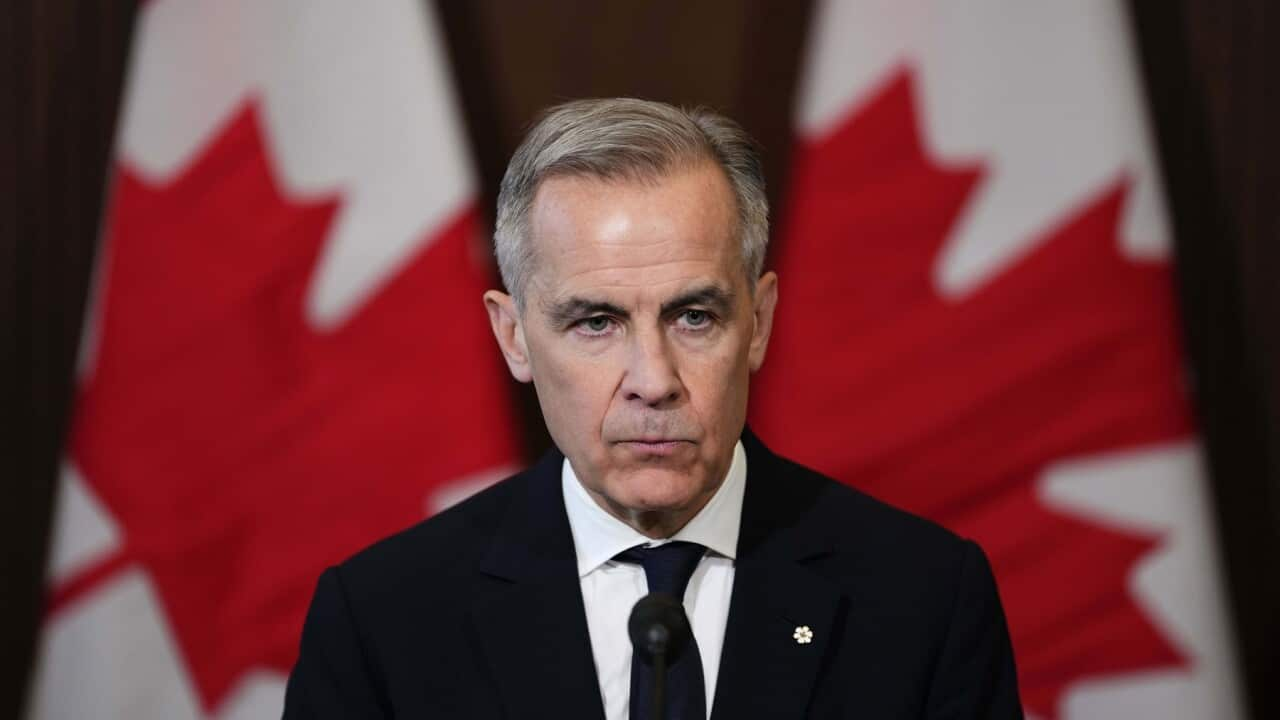TRANSCRIPT
Artificial Intelligence has the power to improve lives, and also cause harm.
But founder and C-E-O of consultancy firm, the Social Outcomes Lab, Nazia Ahmed ((NAR-zeeya Ahr-med)), is trying to harness A-I for good.
She's working to prevent children from ending up behind bars in juvenile detention.
She's found that engaging young people from troubled backgrounds with education is key... and she says A-I can help with that.
“So if you have some existing trauma, you have anxiety when you're trying to learn things and you've got low literacy levels, AI can be used to work out how can some information be presented to you so it's easier for you learn in the way that you learn. So there's a big potential to customise. So imagine working with this cohort, right, they're very vulnerable. They're most likely to end up in the adult justice system and now you could use technology to get education to them in a better way so that they can learn and also make them more likely to be able to be successful in the workplace.”
It's just one of the many ways that Australian organisations or businesses hope to use Artificial Intelligence to improve social outcomes or productivity.
Kylie Walker is the CEO of the Australian Academy of Technological Sciences and Engineering...
“Just as the steam engine fundamentally changed the way that people lived and worked, AI is the steam engine of today, if you like. It's changing already the way we live, work, play and care. Our moment to cease the day for driving responsible AI has arrived and we need to make sure we don't miss that train.”
But A-I experts warn Australia could miss its chance to become a global player in the creation of A-I that's safe, secure and ethical.
A new report called 'Responsible AI' shows Australia has lagged behind in government policy, funding, research and investment for the past two decades.
Director of the Australian Institute for Machine Learning, Professor Simon Lucey, is one of the thirteen (13) experts who contributed to the report.
“We're seeing things like Chat GTP, we're seeing autonomous vehicles... We're seeing new types of antibiotics that are being developed and there's this realisation that the technology potentially needs some guardrails. We need ways of making sure the technology is being used in a way that sort of matches our society's values, ethics and governance. So responsible AI is really a reaction to that.”
An emerging issue to overcome, is how Artificial Intelligence has been used to create and spread propaganda and misinformation.
“Especially with generative AI the quality of the text that it's capable of generating is like infiltration into the human knowledge base and it's very difficult to discern if it was created by a human or a bot. So it is a big problem.”
In this year's Budget, the Australian Government announced around 100 million dollars to help businesses integrate technologies like A-I technologies into their operations.
But Australia's pledge is small compared to other countries like the United States.
Non defence government agencies in the U-S spent 1.7 billion US dollars (AUD 2.59 billion) on A-I research and development in the 2022 financial year.
Experts like Professor Simon Lucey have welcomed recent A-I funding boosts, such as computing giant Microsoft's five billion dollar investment in Australia over the next two years.
But he wants to see more.
“I think it's great sign to see Microsoft investing there... one thing I'd like to see a bit more with these types of investment is the complexity in the investment... It might be a data centre, it might be hiring people to look after the data centre. A lot of the knowledge jobs.. they're still not being done in Australia as much as we'd like. “
Kylie Walker says Australia also needs to find an extra 100,000 digitally skilled workers within the next year to keep pace with change...
And time is not on our side.
“We think we between 25 and 46 per cent of existing jobs could be automated by 2030. That's not too far away. That represents n enormous opportunity as well as a challenge. But currently around 7,000 students are leaving university with the right skills to take on these digital jobs. So getting from 7,000 to 100,000 is going to need a coordinated, national investment. “













